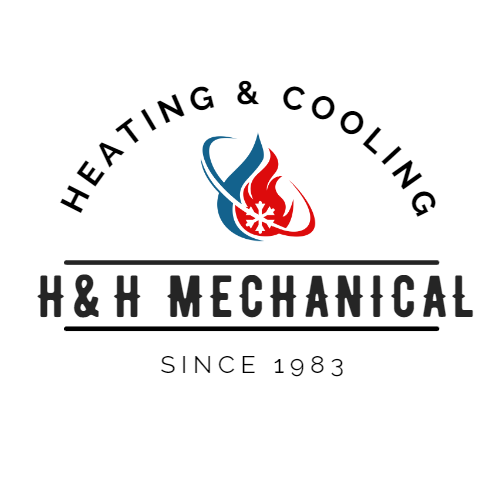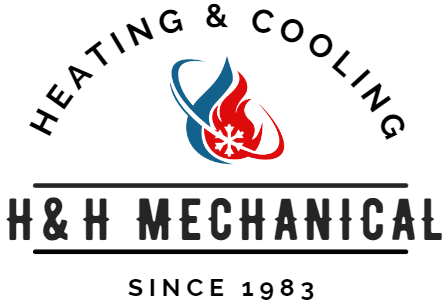The Future of HVAC Technology: Trends and Innovations
As technology continues to advance at an unprecedented pace, it comes as no surprise that the HVAC industry is witnessing significant innovations and advancements. These developments are revolutionizing the way we heat, cool, and ventilate our homes and commercial spaces. In this blog post, we'll explore some of the exciting trends and innovations shaping the future of HVAC technology.
1. Smart Thermostats and Home Automation: Smart thermostats are becoming increasingly popular and for good reason. These devices offer intuitive controls, learning algorithms, and remote access capabilities, allowing homeowners to optimize their HVAC systems for comfort and energy savings. Integration with home automation platforms further enhances convenience and control, enabling the seamless coordination of various systems within a home, such as lighting, security, and HVAC.
2. Energy Efficiency and Sustainable Solutions: With growing environmental concerns, energy efficiency has taken center stage in HVAC technology. Manufacturers are focusing on creating highly efficient systems that reduce energy consumption while maintaining optimal performance. Innovations like variable refrigerant flow (VRF) systems, geothermal heat pumps, and advanced heat exchangers play a crucial role in minimizing energy waste and promoting sustainability.
3. Indoor Air Quality Solutions: The significance of indoor air quality (IAQ) has gained widespread recognition, especially with the rise in respiratory issues and allergies. HVAC systems now incorporate advanced air filtration technologies, including HEPA filters, UV germicidal lights, and electronic air purifiers, to remove pollutants and improve IAQ. Additionally, ventilation systems with heat recovery capabilities help maintain a constant supply of fresh air while minimizing energy losses.
4. Integrated Zoning Systems: Zoning systems allow for personalized temperature control in different areas or zones within a building. By dividing the space into individual zones, occupants have the freedom to adjust temperatures according to their preferences. This not only improves comfort but also enhances energy efficiency by eliminating the need to heat or cool unoccupied areas.
5. Internet of Things (IoT) Integration: The Internet of Things is revolutionizing the HVAC industry by enabling network connectivity and data exchange between various HVAC components. This connectivity facilitates efficient monitoring, maintenance, and control of HVAC systems. IoT integration also opens the door to predictive analytics, where AI algorithms can analyze data and detect potential issues before they become significant problems.
6. Advanced Refrigerants and Eco-Friendly Solutions: As the industry moves away from traditional refrigerants with high global warming potential (GWP), the adoption of eco-friendly refrigerants such as R-32 and R-1234ze is gaining momentum. These alternatives have lower GWP and contribute to minimizing the environmental impact of HVAC systems.
Embrace the Future Today
The future of HVAC technology is undoubtedly exciting and promising. From smart thermostats and energy-efficient solutions to improved indoor air quality and advanced IoT integration, these innovations are revolutionizing the way we experience comfort in our living and working spaces. By embracing these trends and staying updated on the latest advancements, you can optimize your HVAC system's performance, reduce energy consumption, and create a healthier and more sustainable environment.
Consult with HVAC professionals, like us at H & H Mechanical, who are well-versed in these technologies and can guide you towards the best solutions for your specific needs. Together, let's embrace the future of HVAC technology and create comfortable, efficient, and environmentally friendly spaces.
You might also like





